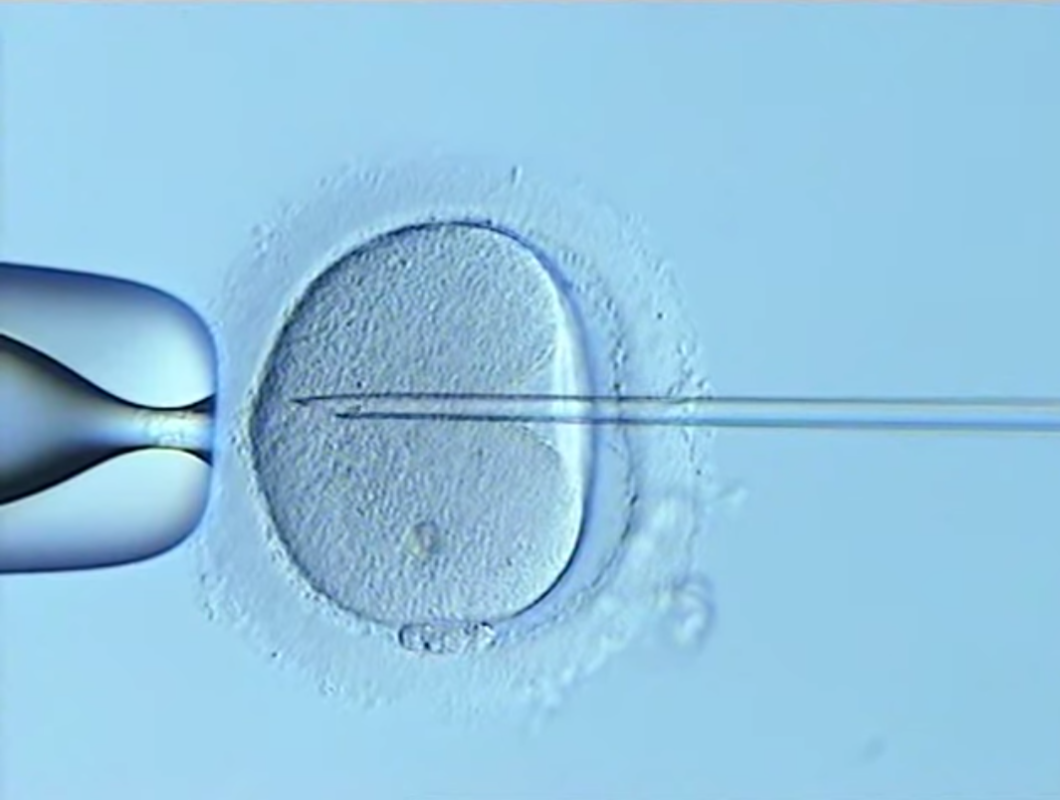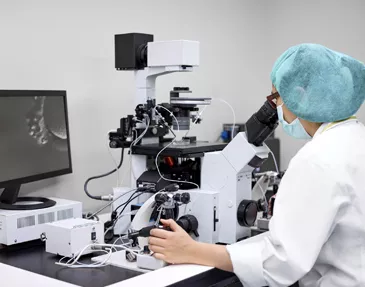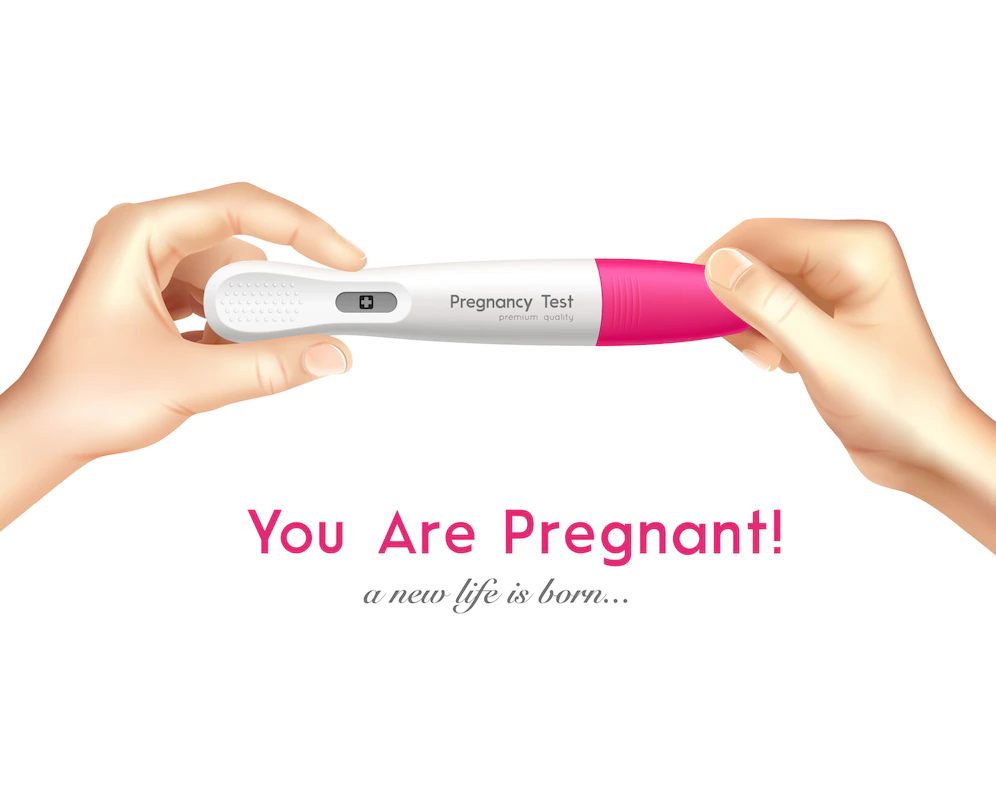In males, sperm is made in the testicles. It makes its way through the reproductive system and combines with the seminal duct fluid. The sperm and this fluid combine to form semen, which is the thick, white ejaculate that emerges from the penis. When there is severe male factor infertility such as- very low sperm count (also known as oligospermia), abnormally shaped sperm (also known as teratozoospermia), poor sperm movement (also known as asthenozoospermia); ICSI is performed.
In this process, the egg from the female is put in a culture plate with numerous sperm from the male, and fertilisation happens when one sperm enters the egg spontaneously during traditional IVF. ICSI is a safe and successful method for couples with male factor infertility, and can enhance the chances of fertilisation for couples who had poor fertilisation in a prior IVF round.





